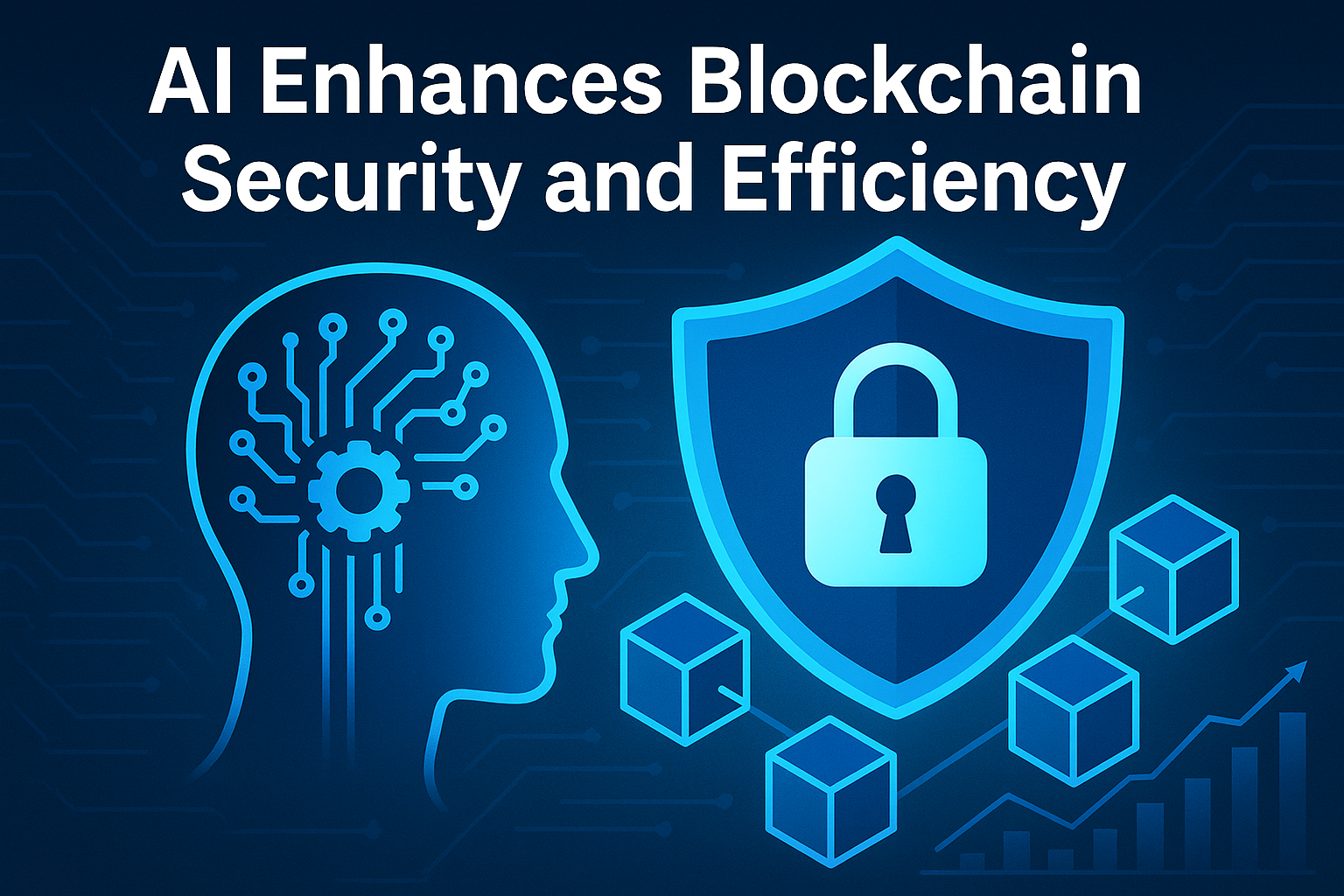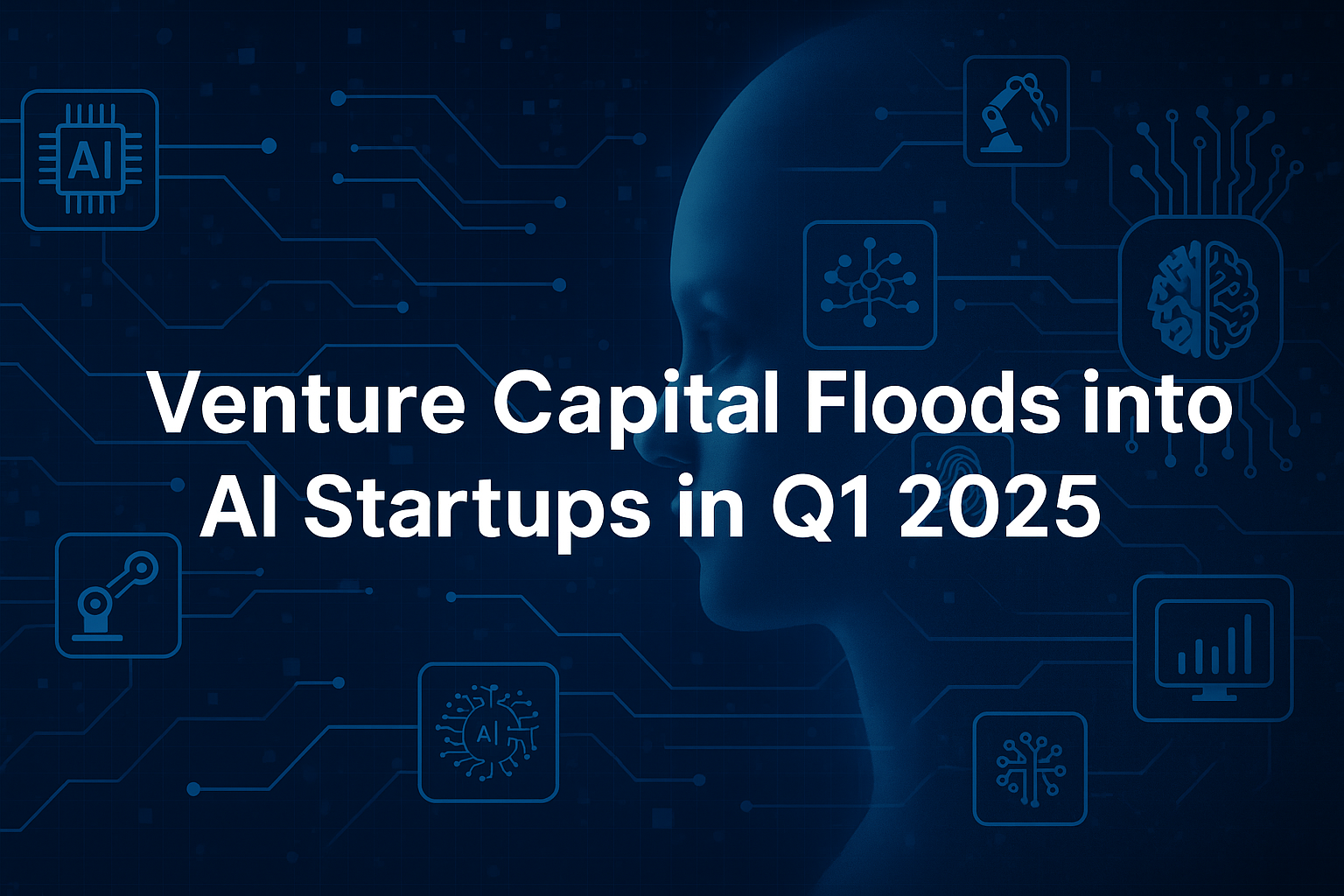The integration of Artificial Intelligence (AI) into blockchain technology is one of the most promising developments in the decentralized tech space. While blockchain provides transparency, immutability, and trustless systems, AI contributes dynamic intelligence—bringing real-time decision-making, automation, and robust security enhancements.
Together, they’re redefining how secure, efficient, and scalable digital ledgers can become.
Smarter Security with AI-Driven Fraud Detection
Blockchain is secure by design, but it’s not immune to threats—especially at the application layer. AI adds a critical line of defense through sophisticated fraud detection systems. By continuously analyzing transaction patterns, AI models can flag suspicious activities far earlier than traditional tools.
Machine learning algorithms are especially effective in identifying anomalies, such as wash trading, phishing scams, and attempts to manipulate decentralized exchanges (DEXs). These tools evolve over time, learning from every transaction to improve threat identification accuracy.
Auditing Smart Contracts in Real Time
Smart contracts are at the core of decentralized apps (dApps), but they’re also prime targets for exploits. Bugs in smart contracts have led to massive losses in the past—from the DAO hack to smaller rug pulls and flash loan attacks.
AI-based auditing tools are now capable of automatically reviewing code for vulnerabilities, spotting common bugs, logic errors, and attack vectors that developers might miss. This dramatically shortens the audit lifecycle and reduces human error—bringing a level of automation to blockchain security never seen before.
Predictive Analytics for Better Decision-Making
Beyond security, AI enhances efficiency through predictive analytics. Blockchain networks and DeFi platforms generate massive volumes of data daily. AI can sift through this data to uncover actionable insights—predicting gas fee spikes, optimizing validator performance, or anticipating liquidity shortages on a DEX.
Projects like Chainlink and Fetch.ai are already exploring the integration of AI to power decentralized oracles and autonomous economic agents. These systems respond to market changes in real-time, increasing both the reliability and agility of decentralized applications.
Efficiency Boost in Consensus and Energy Use
Blockchain consensus mechanisms like Proof of Work (PoW) or Proof of Stake (PoS) are energy-intensive or require complex coordination. AI is now being used to optimize validator selection, predict network congestion, and improve energy efficiency in emerging consensus models.
In hybrid AI-blockchain models, the aim is to reduce redundant computation and increase block finality speed—without compromising decentralization.
What’s Next: AI x Blockchain Use Cases Are Expanding
We’re only scratching the surface of what this powerful combo can achieve. From AI-generated NFTs with embedded provenance logic to fully autonomous DAOs that manage and govern themselves, the fusion of AI and blockchain opens up a world of possibilities.
That said, it also raises new questions around ethics, algorithmic bias, and the need for transparent AI governance. Blockchain’s auditability could help keep AI accountable—offering a mutual benefit as these technologies mature together.
The synergy between AI and blockchain isn’t just hype—it’s a practical advancement with far-reaching implications. As AI strengthens the security, transparency, and speed of decentralized systems, blockchain gives AI a framework for trust, immutability, and verifiability.
This technological alliance is building the infrastructure for a smarter, more secure digital future.




